Jul 23, 2019
Try to Avoid Using Retirement Savings for Debt
Consider other options, like getting a side gig, and cutting down flexible expenses.

We know it might be tempting to use your growing retirement nest egg to pay off worrisome student loan or credit card debt. But that money is for the future you, and an early withdrawal* can seriously reduce what you’ve saved.
Strategies:
- Find other ways to bring in extra money, whether that’s through a side hustle, reducing your flexible expenses such as entertainment and dining out, or asking for a raise.
- If you must borrow money, see if you can borrow from family or friends.
- If you have a workplace plan, such as a 401(k), you may be able to take out a loan against your savings. While this isn’t recommended by most financial experts, since you’ll be missing out on valuable time in the market, you’ll be charged an interest rate that’s likely to be lower than the 10% penalty you’ll owe on early IRA withdrawals. Also, you must repay the loan or face federal tax penalties.
- If you’re unemployed, you may be able to avoid the 10% penalty if you take an early IRA withdrawal to cover medical expenses; You could also avoid the penalty if you make an early IRA withdrawal if you become permanently disabled, or if you’re using the money for qualified higher education expenses, or if you’re using up to $10,000 of it to buy your first home. (Find out more here.)
Example1:
Let’s say you have $7,000 in a traditional IRA.* You decide to cash out early to pay off a credit card balance.**
- You may be subject to a 10% tax penalty, or $700.
- You may also pay income taxes. Let’s assume your federal tax rate is 24%. You could owe as much as $1,680.
- You also may be subject to state and local taxes. Let’s assume your state and local tax rate is 10%. You may then owe an additional $700.
Penalties and fees can eat up $3,080, or about 44% of your nest egg.
Jargon Hack.
What is a Traditional IRA?
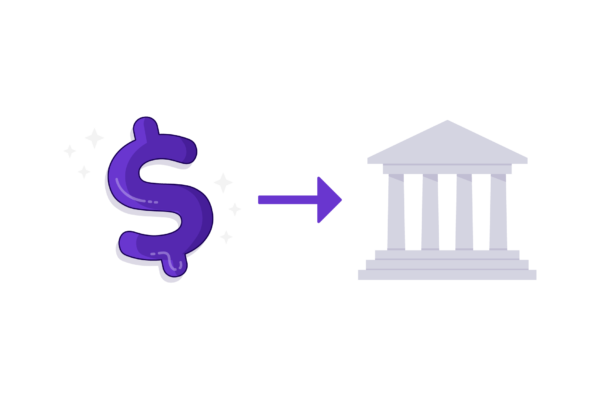
Traditional IRA
It’s a retirement account that lets you put money away on a pre-tax basis. IRA stands for Individual Retirement Account.
Jargon Hack.
What is a 401(k)?

401(k)
A workplace-sponsored retirement plan that lets you put money away on a pre-tax basis.
Jargon Hack.
What is a Roth IRA?
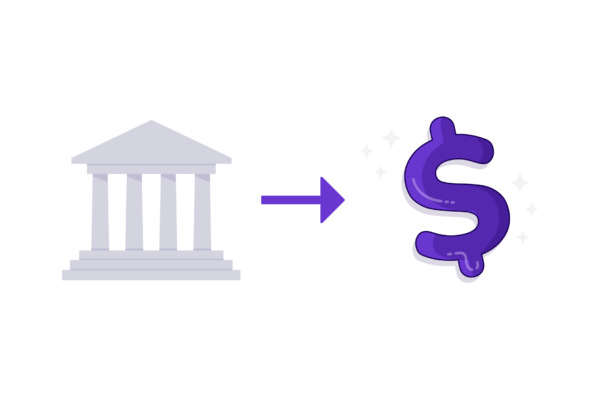
Roth IRA
It’s a retirement account that lets you contribute money after you’ve paid taxes on it. IRA stands for Individual Retirement Account.
*Different rules apply to Roth IRAs. Generally speaking, account holders can take out what they’ve put into a Roth at any time.
**Typically, early withdrawal is before you turn 59 1/2
1Example is a hypothetical illustration of mathematical principles, and is not a prediction or projection of performance of an investment or investment strategy
Find out more:

What Is a Roth IRA? The Complete Guide
Take a deep dive with us as we explore the ins and outs of this retirement savings tool that can help you save money with your after tax earnings.
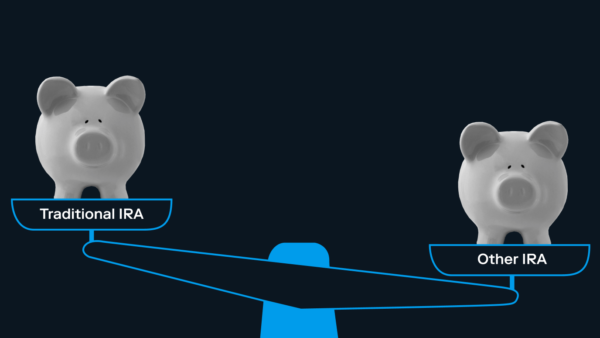
What Is a Traditional IRA?
Just about anyone can set up a traditional IRA. Learn how you can contribute to one, and how it could help you reduce your tax rate.
Related Articles

How to Start a Roth IRA: A 5-Step Guide for 2024

What Is a Traditional IRA?

How Much Do I Need to Retire: A Guide for Retirement Saving [2024]
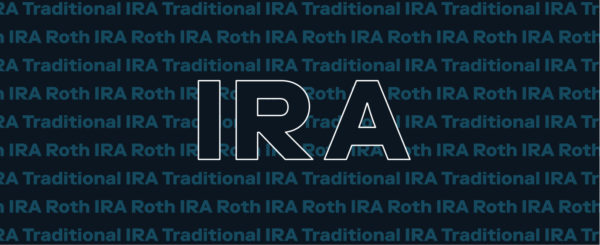
Roth vs. Traditional IRA: Which Is Best for You in 2024?

How To Plan for Retirement
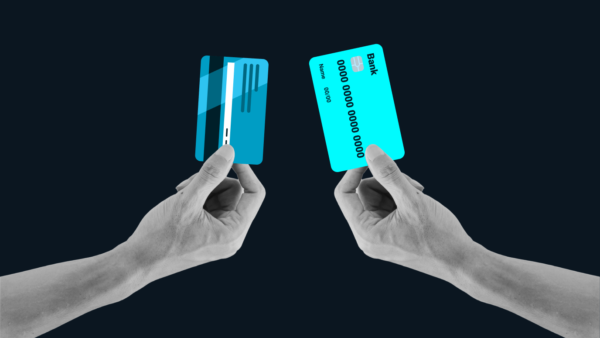
Credit Cards vs. Debit Cards: The Differences Can Add Up





